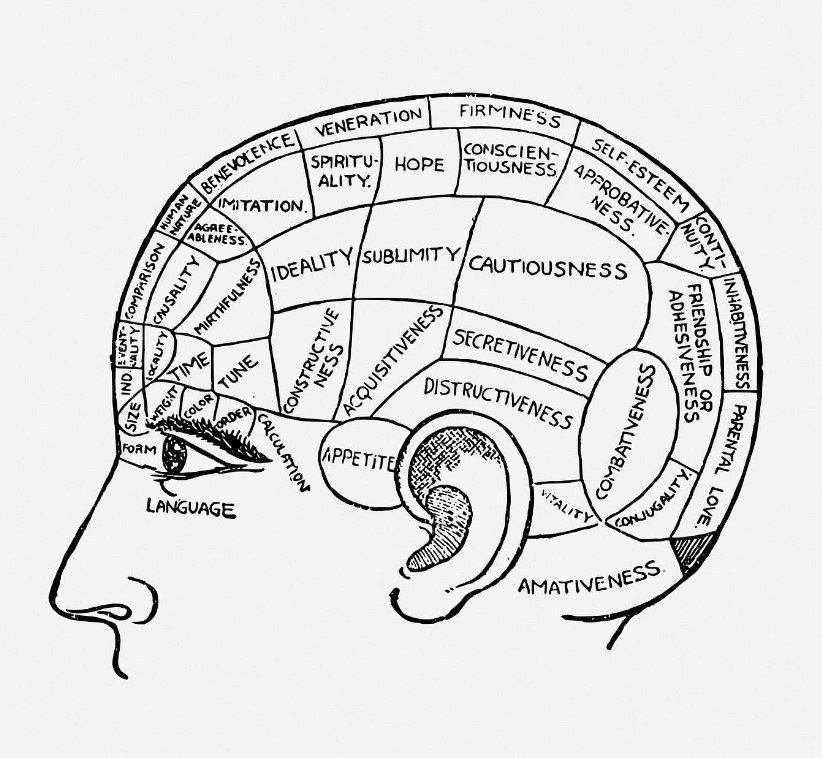This week, the scientific community has made significant strides in understanding the complexities of the human brain and its functions. Researchers have delved into the phenomenon of false memories, explored methods to make time seem to pass faster during periods of boredom, and investigated the lasting effects of psychedelics on brain activity. These findings not only enhance our knowledge of cognitive processes but also offer potential applications in mental health and everyday life. This article provides an in-depth look at these fascinating discoveries.
False memories occur when individuals recall events that never happened or remember them differently from the way they actually occurred. Recent studies have shed light on the neural mechanisms behind this phenomenon. Researchers have discovered that the hippocampus, a region of the brain associated with memory, plays a crucial role in the formation of false memories. Electrical signals in the hippocampus differ when recalling true versus false memories, indicating distinct neural patterns.

The implications of these findings are profound, particularly for understanding conditions like PTSD, where false memories can exacerbate symptoms. By identifying the neural signatures of false memories, scientists hope to develop targeted therapies to mitigate their impact. This research also underscores the importance of context in memory formation, as similar contexts can lead to the creation of false memories.
Moreover, the study of false memories extends beyond humans. Recent experiments with cuttlefish have shown that these creatures can also form false memories, suggesting that the ability to reconstruct past events inaccurately is not unique to humans. This discovery opens new avenues for comparative studies across species, providing deeper insights into the evolutionary aspects of memory.
Techniques to Speed Up Time During Boredom
Boredom is a common experience that can make time seem to drag. However, scientists have identified strategies to alter our perception of time and make it pass more quickly. Engaging in activities that require focused attention, such as puzzles or games, can help shift our perception and reduce the feeling of boredom. These activities stimulate the brain, making it less likely to dwell on the passage of time.
Another effective method is to break tasks into smaller, manageable chunks. This approach, known as “chunking,” can make long periods of inactivity feel shorter by providing a sense of accomplishment with each completed segment. Additionally, incorporating physical movement, such as taking short walks or stretching, can refresh the mind and alter the perception of time.
Mindfulness and meditation practices also play a significant role in managing boredom. By focusing on the present moment and engaging in mindful activities, individuals can reduce the negative feelings associated with boredom and create a more positive experience. These techniques not only help in speeding up time but also contribute to overall mental well-being.
The Lasting Effects of Psychedelics on Brain Activity
Psychedelics, such as psilocybin and LSD, have long been known for their profound effects on perception and consciousness. Recent research has revealed that these substances can induce lasting changes in brain activity, even after the immediate effects have worn off. Studies using brain imaging techniques have shown that psychedelics can enhance connectivity between different brain regions, leading to increased neural plasticity.
These changes in brain activity are associated with therapeutic benefits, particularly for individuals with mental health conditions like depression and anxiety. Psychedelics can help “reset” the brain’s default mode network, which is often overactive in these conditions. By promoting new neural connections, psychedelics can facilitate more flexible thinking and emotional processing.
The potential of psychedelics as therapeutic agents is gaining recognition, with ongoing clinical trials exploring their efficacy in treating various mental health disorders. However, it is essential to approach this field with caution, as the long-term effects and safety of psychedelic use require further investigation. Nonetheless, the current findings highlight the promise of psychedelics in revolutionizing mental health treatment.
















